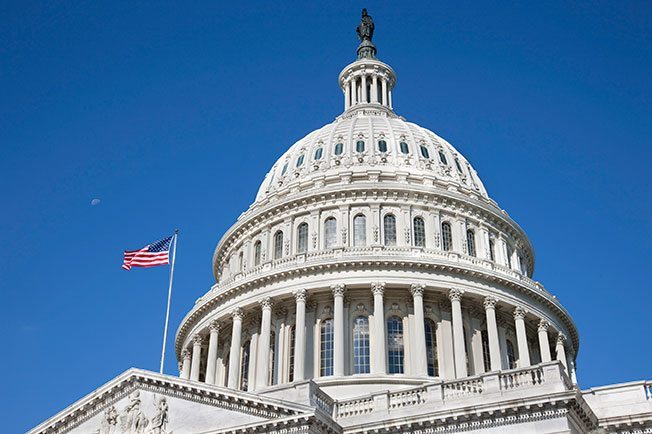Will the Opioid Bill Make a Difference?
Last week the U.S. Senate passed a bill designed to combat the opioid epidemic that has gripped the country for the past several years. The House passed their version of the bill in June. In a few days the conference committee will iron out the differences in the bills and send it to the president to sign. There are over 50 bills that make up the overall package. How will these bills impact the goals of reducing the number of opioid addicts and opioid overdose deaths? Here are a few highlights.
Saving more lives
The bill raises the cap on the number of prescriptions that physicians can write for opioid replacement medication, such as buprenorphine. Last year we wrote a blog post, Medication Assisted Treatment for Opiate Addiction, which talks about how unproductive it was to cap prescriptions at 100. We still believe that capping the number of prescriptions is not useful, but increasing the cap from 100 to 275 will save more lives.
The bill also expands a program that gives first responders the ability to administer Naloxone, a drug that can revive people who have overdosed on opioids.
Reducing access to opioids
The bill does several things to reduce the amount of opioids available. It targets the shipment of fentanyl from China, the main source of fentanyl, by requiring the U.S. Postal Service to implement electronic records to identify the contents and the shipper of packages from abroad, which will make it more difficult to sneak fentanyl into the country. And it requires pharmaceutical companies to package opioids in smaller quantities to restrict the number of pills an individual may receive.
Increase access to treatment
The bill includes a variety of measures designed to increase access to treatment services. These include:
- Student loan forgiveness for providers who practice in areas of the country with low numbers of providers.
- Grants for organizations to develop opioid treatment centers in communities.
- Grants to support people in treatment centers to transition to independent living and jobs.
- Grants for recovery centers to offer additional resources such as temporary housing and job training.
- A program to develop best practices for treatment for opioid addiction, and grants for treatment services to implement the best practices.
The war on drugs?
The House bill, passed in June, includes a provision to allow the Attorney General to create a new schedule of synthetic drugs such as fentanyl and to enact harsh penalties for those who make or sell them. The Senate version does not include this provision, so as we write this it remains to be seen what the conference committee will do with this. Critics say this is a repeat of the “war on drugs” that filled prisons with drug offenders and did nothing to stop the drug epidemic. We agree with these critics, and do not believe this provision will do anything to slow the opioid epidemic or save lives.
The total cost for the bill is in excess of $8 billion. Most experts agree that the bill focusses on the right things. Critics say that it will cost significantly more than $8 billion to make a significant difference in reducing overdose deaths and provide necessary treatment resources. The portions of the bill to expand access to treatment require organizations and communities to apply for grants, a time consuming process with no guarantees of receiving funding. The bill is not a quick fix or a complete fix for the opioid epidemic. But realistically there are no quick or certain solutions to this problem. The bill contains many elements that are known to work, and it’s a start in the right direction.

